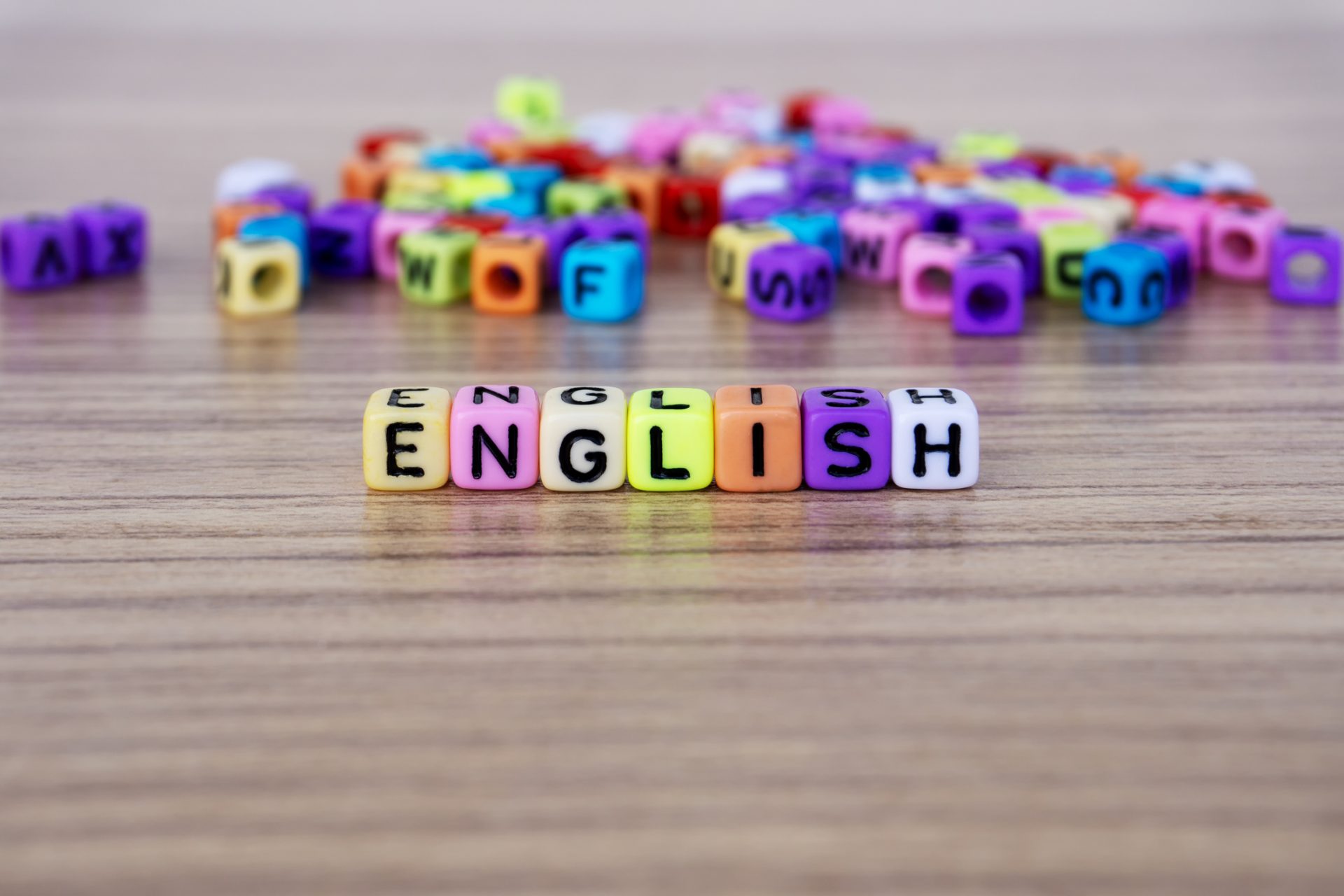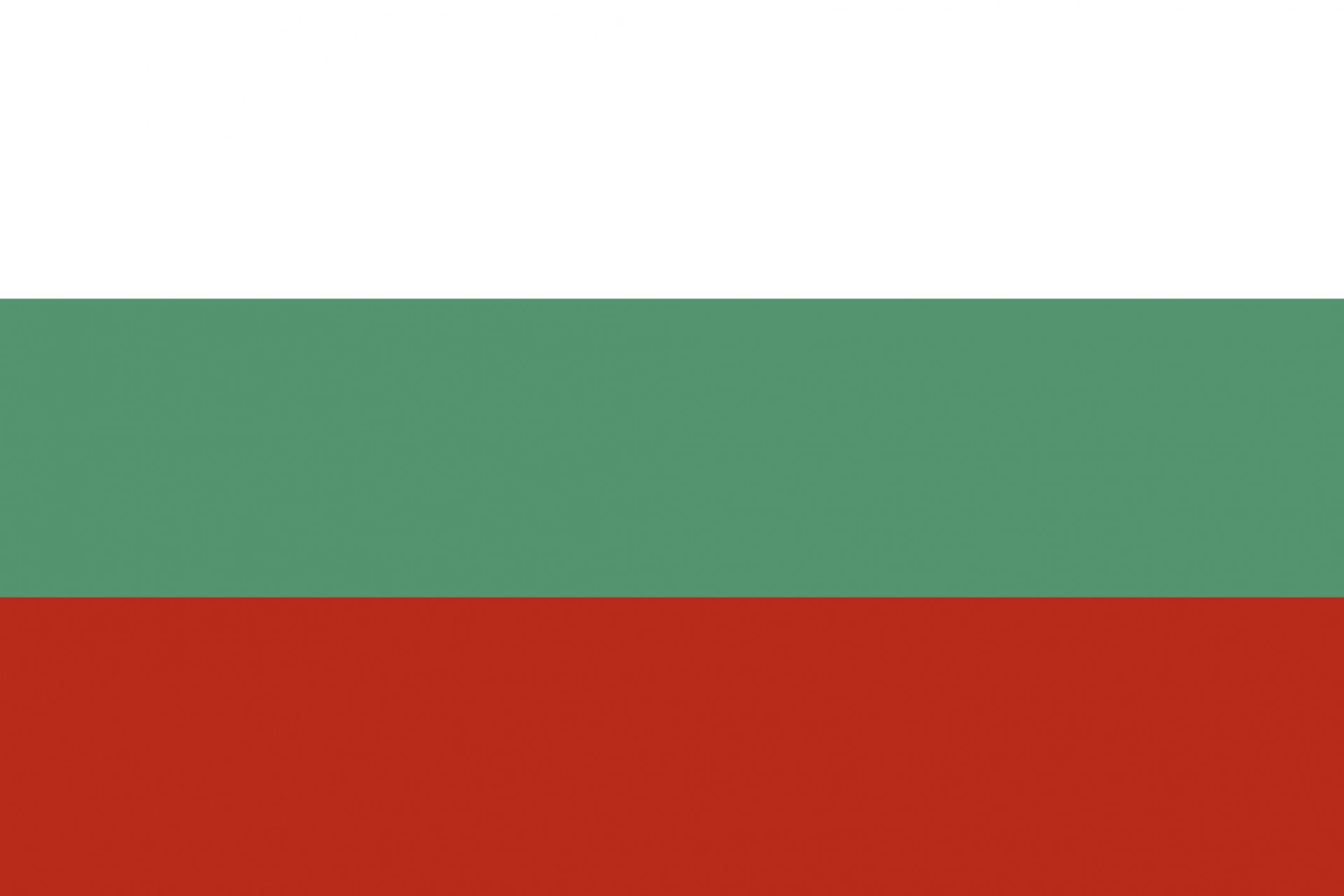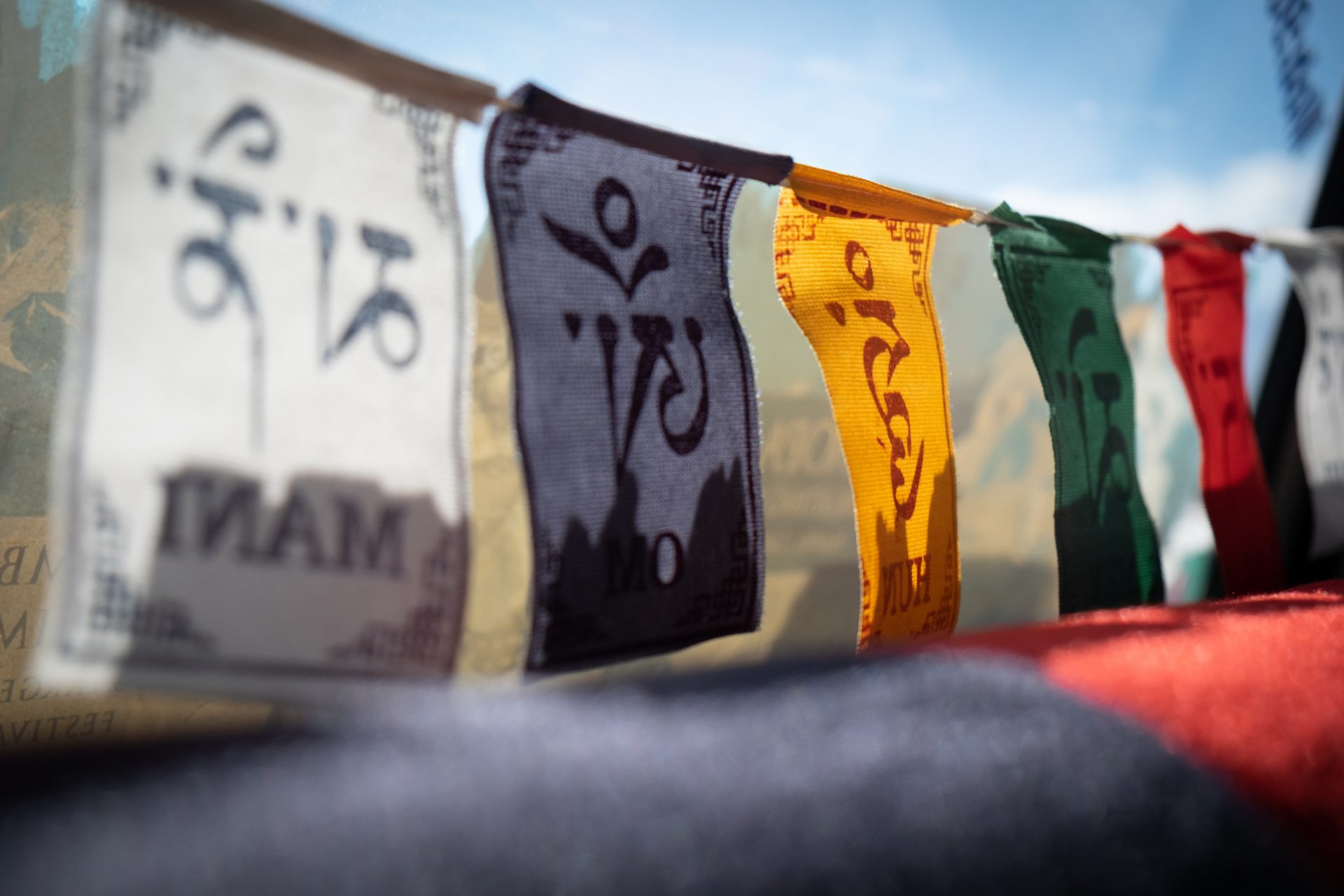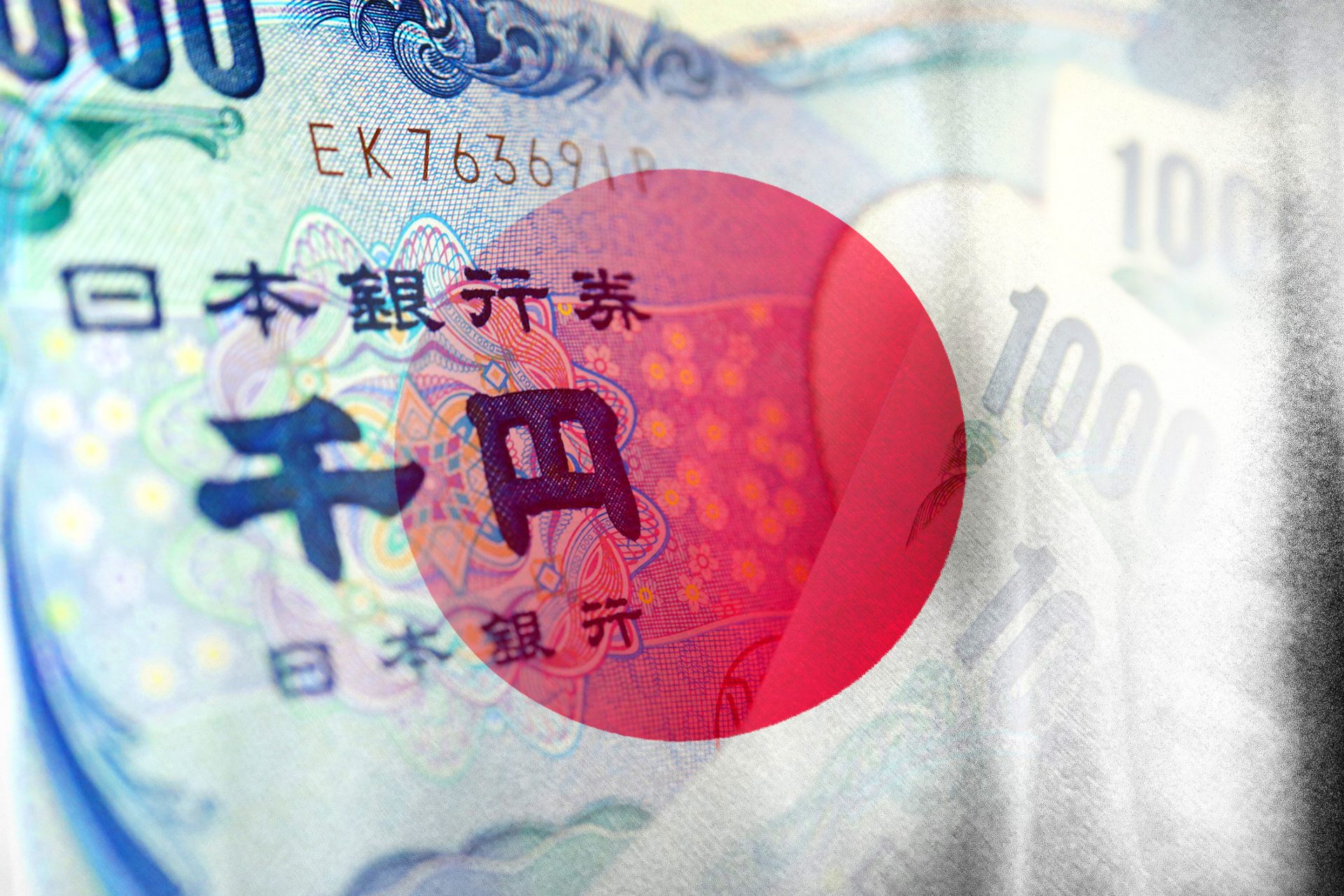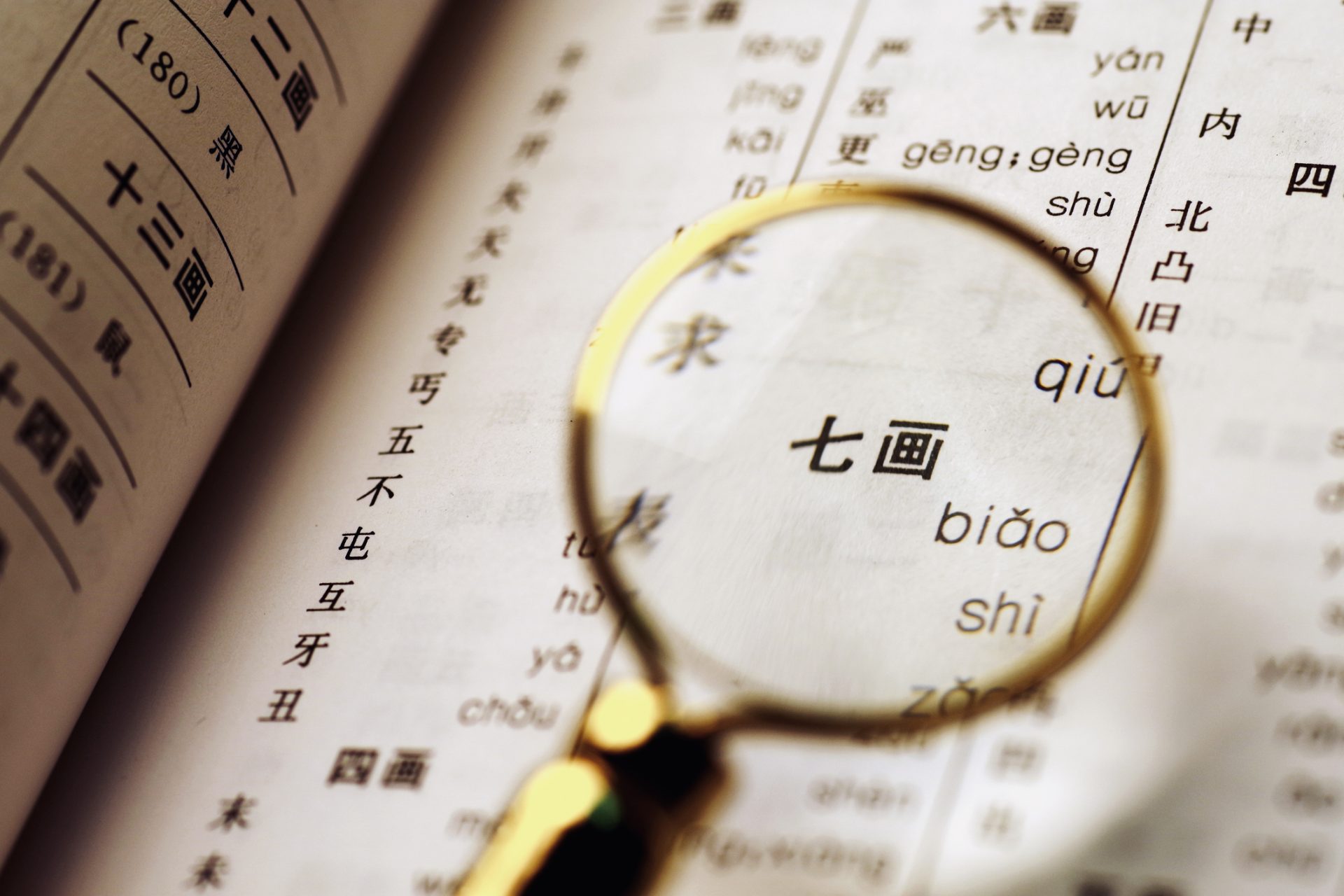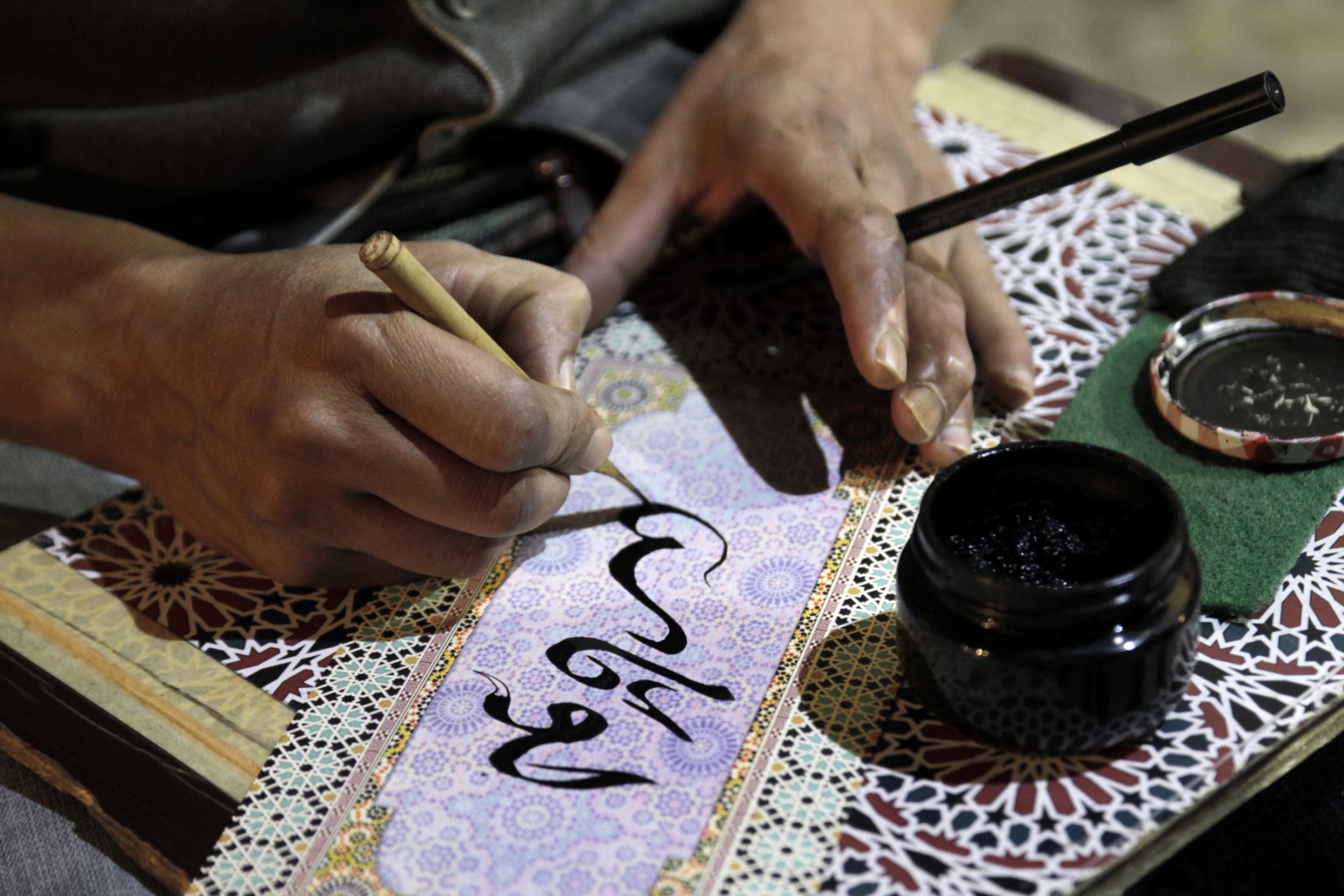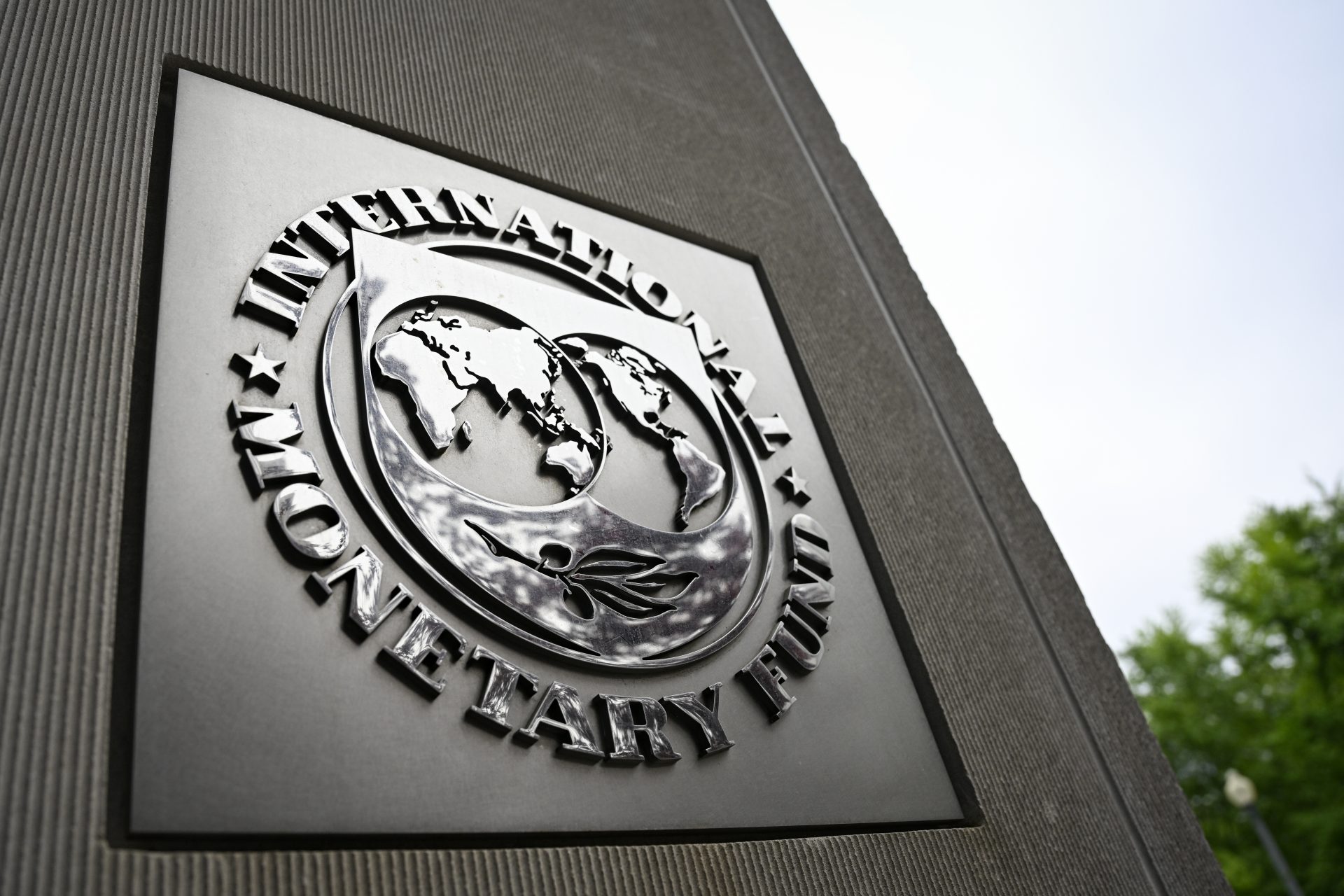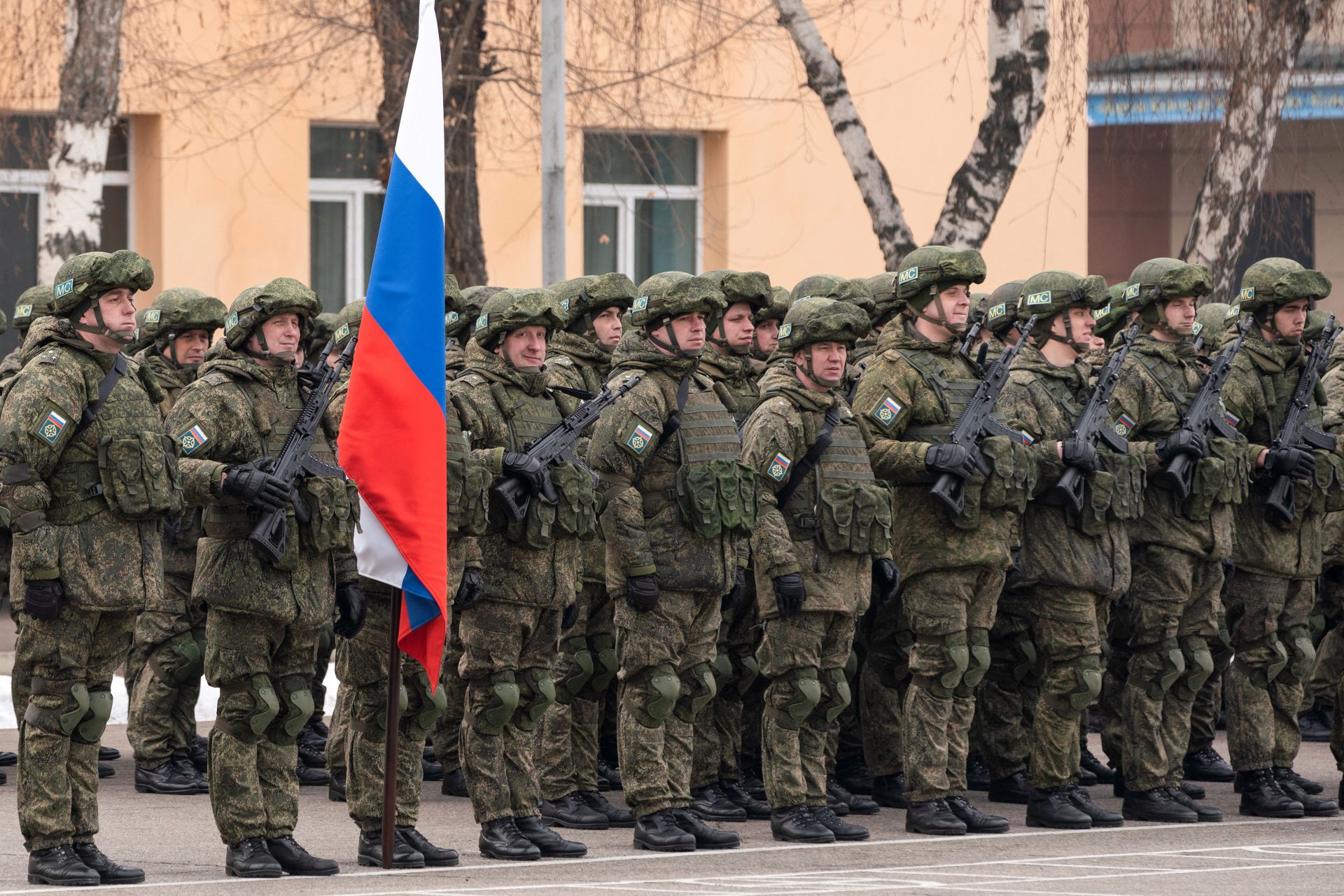These are the toughest 15 languages for English speakers to learn
English is said to be one of the most difficult languages for non-native speakers to learn but that doesn’t mean picking up Italian or Swahili is any easier for people who grew up communicating in the world’s most spoken language. It’s actually the opposite.
Learning other languages can be very difficult for native English speakers and there are a few that are really challenging. The world-renowned language and training company Berlitz has put together a list of the toughest languages for English speakers to learn.
Hungarian is part of the same Indo-European language family as English but it’s a tough one to learn because of its complex grammar and pronunciation. It has 14 vowels with a lot of differing sounds and there are some English tongues are just bad at pronouncing.
This is another Eastern European language English speakers have a lot of trouble with because of its use of the Russian Cyrillic alphabet. The vocabulary and grammar are also trickery according to Berlitz but they can be mastered with practice and discipline.
Like Bulgarian, Serbian is a Slavic language and Berlitz said it was “notoriously difficult” because of its use of the Latin and Cyrillic scripts. There are seven consonants that can also be vowels but it's also a phonetic language, so words sound like they’re written.
Albanian is kind of the oddball of Eastern European languages. It is an Indo-European language but it doesn’t really match anything else in the family. Albanian has complex grammar rules and the only way you can learn them is through memorization.
Even though Turkish uses the Latin script, it's still difficult to learn as an English speaker because like Albanian, you need to memorize its grammar rules and how to use them, or else you’ll look like a fool mixing up your suffixes and word order when speaking.
Farsi is an Indo-European language that shares a lot of words in common with English. But that is where the ease of learning ends. The language uses the Arabic script today and you have to read it left to right, two things that can pose great challenges.
Who wouldn’t want to be sitting in Santorini and ordering a drink in Greek? The problem is you first have to master the big Greek vocabulary as well as its alphabet according to Berlitz. Once that’s done you can figure out its three genders for nouns and grammar rules.
Russian is the mother of Slavic languages, well not really. A lot of people just speak it, and you could be one of those people too if you ever figured out proper pronunciation. B’s sound like V’s and H’s like N’s according to Berlitz. The whole thing just sounds really complicated…
Hindi is a language completely foreign to English speakers and that’s why it's so hard to learn. It uses a different script—Devanagari—which Berlirtz said can take a long time to learn and there are many subtle differences to words that are hard to pick up on.
This South-Asian language is tough for most English speakers because of how difficult it is to pronounce. “It has six tonal variations, which are determined by diacritics,” Berlitz wrote, and speech sometimes changes the meaning and context of words. Sounds tough right?
Thai is difficult because it is a tonal language much like Vietnamese. If you’re pitch or tone doesn’t hit just right then it can change your meaning. Learning this can be really tough even if you know the language's 22 consonants, 18 vowels, and 6 diphthongs.
Surprise, surprise. Another Asian language is on the top of the list for most difficult. But Korean is a little different because of word order and vowel sounds. Other than that it is apparently pretty straightforward according to Berlitz. But still tough for English speakers.
Unlike Korean, Japanese is a lot tougher for English speakers because it uses tens of thousands of characters. These are known as "kanji" and Berlitz says this is the main barrier for learners since they need to understand at least 2000 to be considered literate by Japanese standards.
Mandarin is China's official language and it's a runner-up for the most spoken language in the world. Like Vietnamese and Thai, Mandarin is a tough language to learn because of its four tones. Plus Mandarin’s writing system uses tens of thousands of characters.
Arabic is a Semitic language and it's the toughest language you can try to learn as an English person according to Berlitz because, like most others on the list, it has complex grammar—and you read from left to right plus it has sounds English just doesn’t have.
More for you
Top Stories



